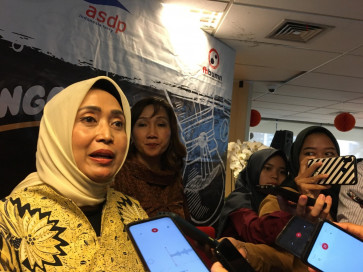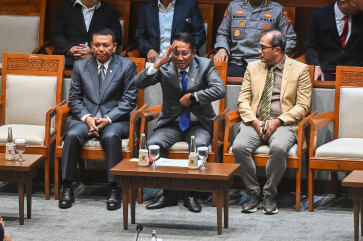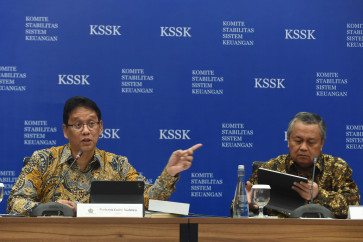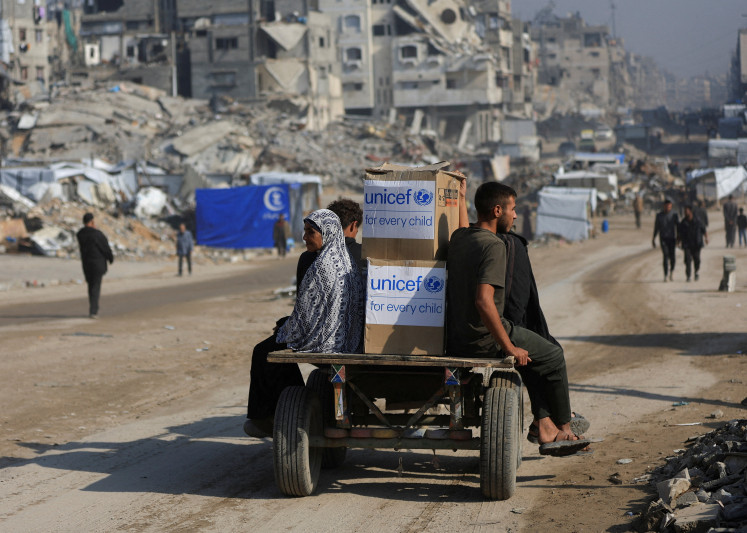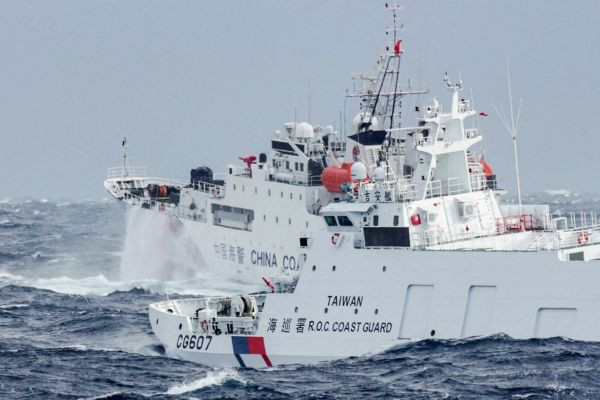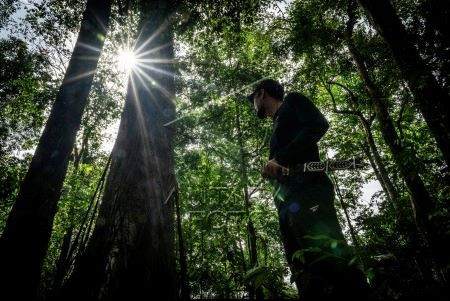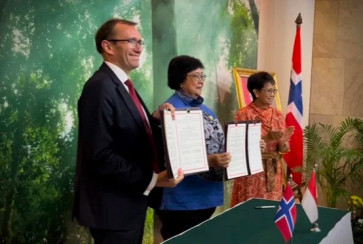Popular Reads
Top Results
Can't find what you're looking for?
View all search resultsPopular Reads
Top Results
Can't find what you're looking for?
View all search resultsShared values for sustainable progress: Learning from Norway
Norway's economic development coincides with improved wealth distribution and environmental consciousness.
Change text size
Gift Premium Articles
to Anyone
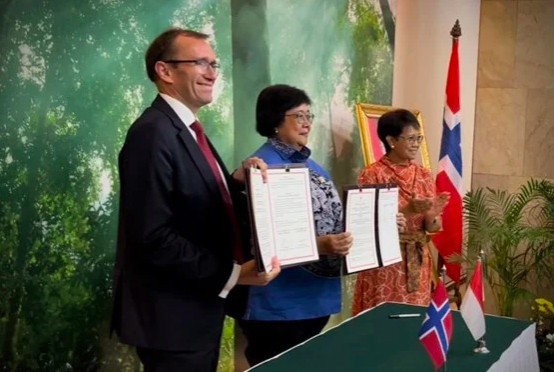 Environment and Forestry Minister Siti Nurbaya Bakar (center) and Norwegian Climate and Environment Minister Espen Barth Eide (left), alongside Foreign Minister Retno L.P. Marsudi, pose with a new memorandum of understanding between Indonesia and Norway on Indonesia’s greenhouse gas-reduction efforts during a signing ceremony on Sept. 12, 2022 in Jakarta. (The Jakarta Post/Norwegian Ministry of Climate and Environment)
Environment and Forestry Minister Siti Nurbaya Bakar (center) and Norwegian Climate and Environment Minister Espen Barth Eide (left), alongside Foreign Minister Retno L.P. Marsudi, pose with a new memorandum of understanding between Indonesia and Norway on Indonesia’s greenhouse gas-reduction efforts during a signing ceremony on Sept. 12, 2022 in Jakarta. (The Jakarta Post/Norwegian Ministry of Climate and Environment)
W
hen people return from their overseas travels, they often express admiration for what they have seen in foreign countries. They exclaim, "Oh, how green it is!" or "Wow, their rivers are so clean!" They marvel at the respect shown toward pedestrians and the absence of beggars on the streets, appreciate the orderliness of queues and the unpolluted air, and so on.
These are the comments I frequently hear, including my own experience during my recent visit to Norway. While many Indonesians may wish to replicate the admired aspects they encounter in Norway, such as parks, clean bodies of water, green architecture and kindness toward refugees, can they sustain these practices?
The answer is almost certainly "very unlikely!" The reason is these individuals do not share the same values that underpin the achievements evident to outsiders. These shared values are deeply ingrained, automatic reflections of system-1 thinking, and collectively embedded in muscle memory. It takes at least two generations to establish a foundation of shared values, as in the case of Norway.
The Scandinavian country provides examples of shared cultural values and practices that demonstrate their appreciation for nature and commitment to environmental conservation.
One of the values is friluftsliv, which translates to "open-air life" or "free air life", which is deeply rooted in the country's history. It encompasses the idea of connecting with nature through outdoor activities and spending time in the wilderness. This explains why Norwegians have a strong affinity for outdoor activities and recreational pursuits that highlight their connection with nature, such as hiking, skiing, fishing and kayaking.
Their traditional practices often revolve around sustainable resource use and conservation. For example, the ancient practice of høsting which involves collecting wild berries, mushrooms and other edible plants in a manner that ensures their sustainability. Similarly, practices like reindeer herding among indigenous Sami communities demonstrate a longstanding respect for the natural environment and its delicate balance.
These shared values that underpin the visible aspects are the reason why Norway's economic development coincides with improved wealth distribution and environmental consciousness.


